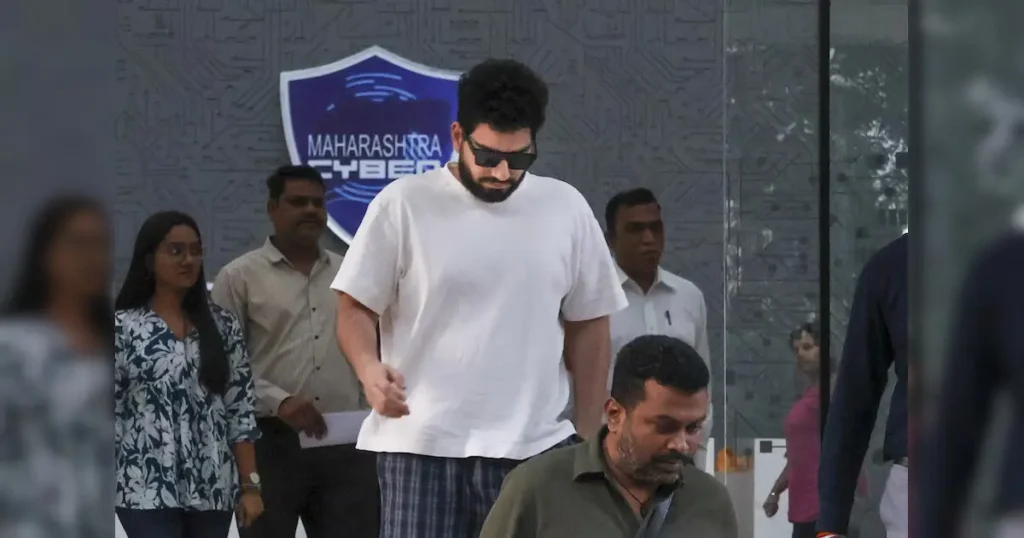The Supreme Court called comedian Samay Raina and four others on May 5, 2025, in regard to a public interest litigation that was brought before the court by the NGO Cure SMA Foundation of India. Samay Raina and other influencers were accused by the petition of ridiculing disabled persons and people afflicted with rare disorders through their social media posts. The bench, consisting of Justices Surya Kant and N Kotiswar Singh, ordered Mumbai Police Commissioner to issue notices ensuring their attendance in court and warned of coercive steps if they did not appear. The court stressed that hate speech and mockery targeting vulnerable communities are not covered under freedom of speech and demanded stern corrective action.
Samay Raina in Trouble
The petition pointed out that Samay Raina and other co-signatories made disabled and rare disease patients like those suffering from Spinal Muscular Atrophy (SMA) the subject of derogatory comments in their stand-up performances and online posts. The NGO contended that such material is detrimental to the disabled person’s dignity and aggravates social discrimination. The court upheld the alleged humiliation as “demoralising and damaging,” mentioning that legislative and social attempts at empowering disabled individuals could be reversable by way of such observations. Senior Advocate Aparajita Singh, appearing for the NGO, reasoned that influencers possess great influence upon the younger population, and that their utterances have an effect. The court recognized that although freedom of speech is a basic right, it is not absolute and cannot be invoked to insult people, particularly vulnerable groups. The court asked for the help of the Attorney General and issued notices to concerned ministries and regulatory bodies.
Also Check:- Madhya Pradesh Board 10th, 12th Results 2025 DECLARED: Check Your Scores Today!
The Supreme Court sent notices to Samay Raina, Vipul Goyal, Balraj Paramjeet Singh Ghai, Sonali Thakkar (also known as Sonali Aditya Desai), and Nishant Jagdish Tanwar, seeking their personal attendance in court. The court underlined the requirement of balancing freedom of speech and the right to dignity of disabled persons and expressed its desire to lay down parameters for online material pertaining to disabled persons and persons suffering from rare disorders. This case is an important step taken by the judiciary on handling derogatory jokes aimed at marginalized communities and emphasizes the need for regulating online content more closely. The ruling reminds influencers of their social responsibility that their words and actions have the power to influence deeply the attitude of society toward vulnerable people. The result of this case could establish a precedent for future court rulings on such issues and encourage more respect and acceptance of disabled people in society.


